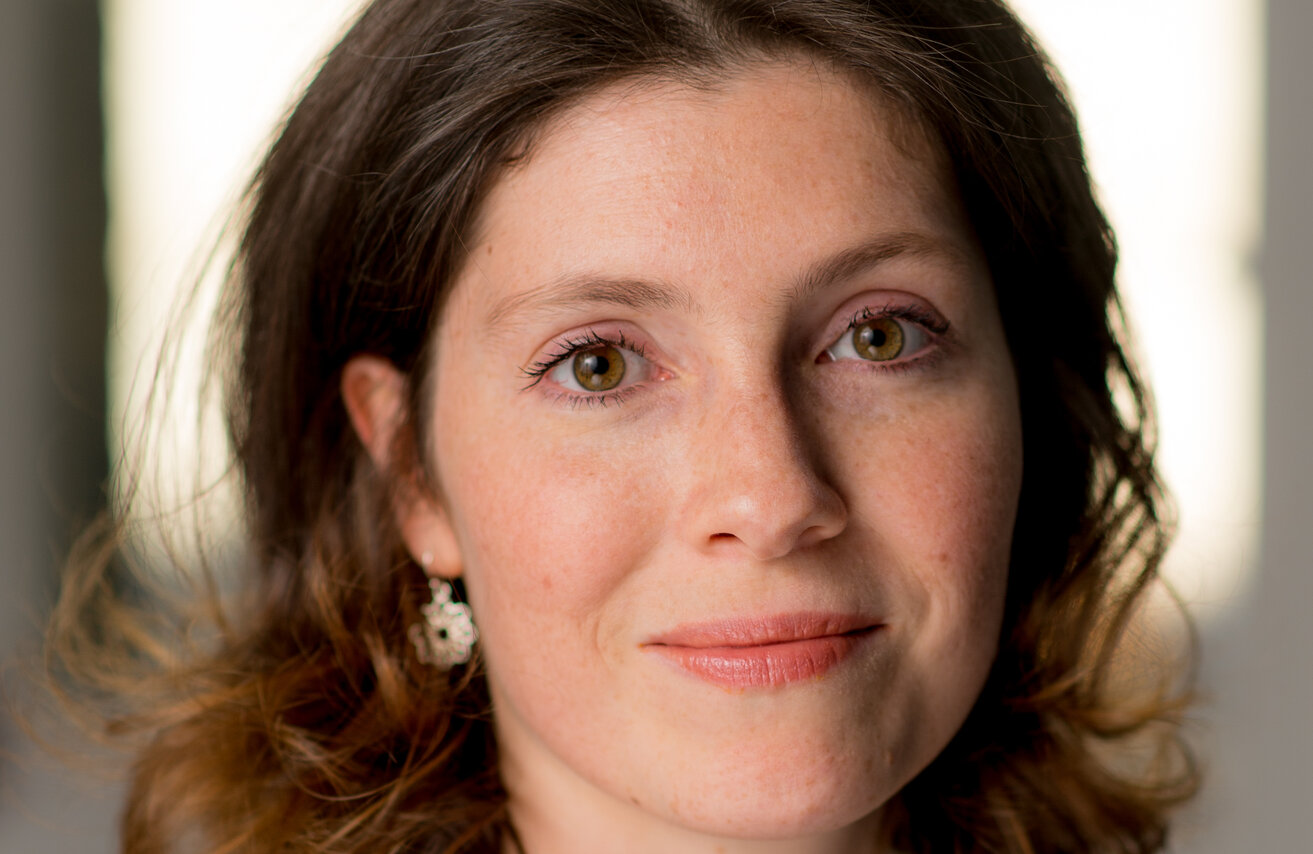
Dr Bérénice Guyot-Réchard has won the Philip Leverhulme Prize in history for her work on India's relationship to the world
For me, the story of India's global influence is as much about rookie diplomats, bored border guards, harassed indentured migrants, fleet-footed revolutionaries, anti-racist activists, and scientists on exchange visits.
Dr Bérénice Guyot-Réchard
A Gates Cambridge Scholar has been awarded the prestigious Philip Leverhulme Prize to fund a book on India’s participation in the world order from the late 18th century to today.
Dr Bérénice Guyot-Réchard, associate professor of international history at King’s College London and the founder of NIHSA, the New International Histories of South Asia network, will use the award to research and write her second solo-authored book The Glass Giant: India and the Making of an International World.
Bérénice [2009], who did her PhD in History at the University of Cambridge, said: “My goal is to illuminate India’s relationship to the world, present and past. I want to show that this relationship has been simultaneously anti-colonial and imperial. Far from disappearing at independence in 1947, this tension makes India’s foreign policy (its institutions, its geopolitical worldview) full of paradoxes, contradictions, and complications – especially since it’s underpinned by pervasive exceptionalism: the idea that India, due to its unique civilisation and path to peace and freedom, is a singularly moral country, destined to leadership in the world.”
She adds: “The Glass Giant isn’t just going to be a book about diplomatic dealings, war rooms, or the decisions of viceroys, prime ministers, ambassadors, and generals: for me, the story of India’s global influence is as much about rookie diplomats, bored border guards, harassed indentured migrants, fleet-footed revolutionaries, anti-racist activists, and scientists on exchange visits. (So be prepared for a door-stopper of a book.)”
The 22-year-old Philip Leverhulme Prize commemorates the contribution to the work of the Trust made by Philip, Third Viscount Leverhulme and grandson of William Lever, the founder of the Trust, and recognises and celebrates the achievements of outstanding researchers whose work has already attracted international recognition and whose future careers are exceptionally promising. Over 400 people were nominated for five prizes in Biological Sciences, History, Law, Mathematics and Statistics, Philosophy and Theology and Sociology and Social Policy. Bérénice was one of five winners in the History category. Each prize is worth £100,000 and may be used for any purpose that advances the prize winner’s research.
Bérénice‘s Award comes as her book, South Asia Unbound: New International Histories of the Subcontinent, co-edited with Elisabeth Leake, was published by Leiden University Press. The book gathers an interdisciplinary group of scholars from across the world to investigate South Asian global engagement at the local, regional, national and supra-national levels, spanning the time before and after independence to illuminate South Asia’s increasing global importance today.












